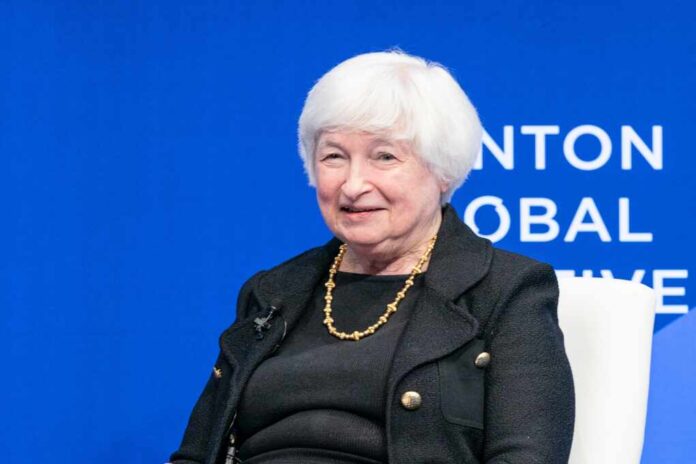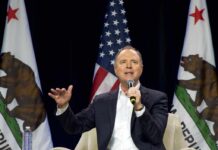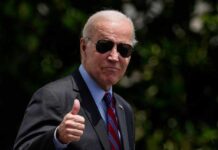
Starting Thursday, Chinese Vice Premier He Lifeng and U.S. Treasury Secretary Janet Yellen will engage in a two-day discussion regarding the bilateral relationship between the world’s two largest economies.
Yellen’s discussions with China’s newly appointed economic leader will lay the groundwork for the upcoming encounter anticipated between US President Joe Biden and Chinese President Xi Jinping next week at the Asia-Pacific Economic Cooperation forum in San Francisco.
In the wake of earlier tensions, there has been an improvement in US-China relations. Both American and Chinese officials are actively working towards strengthening diplomatic ties and fostering cooperation on economic matters. This positive development is occurring against the backdrop of a sluggish global economy and persistent geopolitical tensions in other regions.
Yellen’s visit to Beijing in July marked the second time a US cabinet official had traveled to the Chinese capital within a short span of time, underscoring Washington’s commitment to realigning relations with China.
There was no mention of the many wire transfers of money to Joe Biden’s home address. It is possible the money China wired directly to his house has helped international relations.
China lays out its grievances with the US just before meetings between economic czar He Lifeng and Treasury Secretary Janet Yellen, illustrating the fragility of recently improved ties https://t.co/Y1S35E5S0O
— Bloomberg (@business) November 9, 2023
The United States, as the host of this year’s summit, convenes the annual assembly of officials from the 21 Pacific Rim economies, representing both government and business sectors.
Since the summer, Washington has dispatched four cabinet officials to Beijing, including Secretary of State Antony Blinken, climate envoy John Kerry, and Commerce Secretary Gina Raimondo. In response, Beijing has reciprocated by sending its top diplomat, Chinese Foreign Minister Wang Yi, to the US capital.
This flurry of diplomatic activity has contributed to the stabilization of relations between the two nations, which had previously been strained due to various issues such as restrictions on US investments in advanced technology in China and expanded limitations on the sale of semiconductors by American companies in the country.
Mattie Bekink, the Shanghai-based China director of the Economist Intelligence Corporate Network, emphasized that President Biden and President Xi are keen on preventing further deterioration in their relationship. They recognize that with the current global climate, fostering greater stability in US-China relations is mutually beneficial for both nations and the world.
Earlier this year, Treasury Secretary Yellen outlined three guiding principles for the US-China relationship. These principles include prioritizing national security and defending human rights, promoting a healthy and equitable economic relationship with China, and collaborating with China to address global issues.
Yellen recently reiterated that the United States does not seek to sever ties with China but rather aims to ensure that its economic security is not solely reliant on one country, namely China, for critical inputs.




























